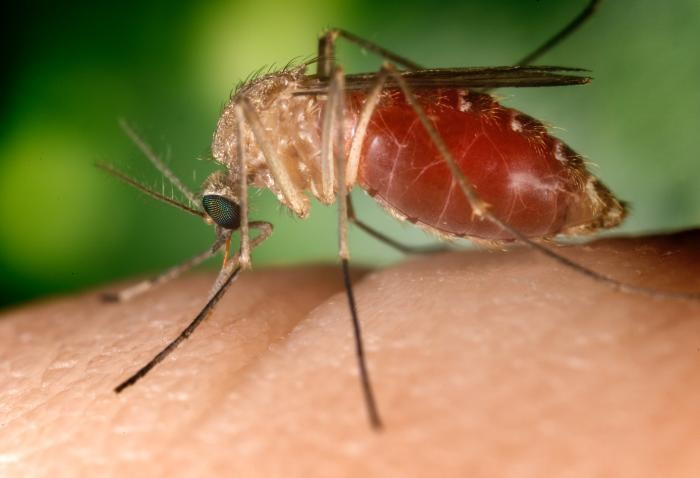Deadly Drug-Resistant Malaria Strain Emerges

Malaria deaths are set to increase because of a deadly malaria parasite that has undergone a genetic change making it resist one of the best drugs used to treat the disease.
Researchers from the Shoklo Malaria Research Unit in Thailand and the Texas Biomedical Research Institute in Texas have discovered that plasmodium falciparum, a deadly malaria parasite, has gained resistance to artemisinin drug which is one of the oldest and the best drugs to cure malaria.
In 2009 researchers found that the most deadly species of malaria parasites, spread by mosquitoes, were becoming more resistant to these drugs in parts of western Cambodia, according to a BBC report.
Researchers have found that the malaria parasite is infecting patients more than 500 miles away on the border between Thailand and Burma. They found that the parasite is gaining more and more resistance to the drug.
Researchers, who conducted a study on 3,202 patients in Northwestern Thailand, 500 miles from the Cambodian, found that patients infected with malaria parasites were responding poorly to treatment.
Researchers believe that if this parasite is not destroyed, it will claim more lives in Asia and later across the world.
"Spread of drug-resistant malaria parasites within Southeast Asia and overspill into sub-Saharan Africa, where most malaria deaths occur, would be a public health disaster resulting in millions of deaths," said Standwell Nkhoma, researcher at the Texas Biomedical Research Institute.
According to researchers, malaria had killed more than 650,000 - over one per minute - in 2010. Even though these numbers appear on the higher side, they are actually not alarming. Researchers say that there was a 30 per cent decrease in deaths in 2010 because of artemisinin drugs. Now artemisinin drug is losing its potency to cure malaria.
"If we were to lose artemisinin then we don't have any new drugs in the pipeline to replace them. We could be going back 15 years to where cases were very difficult to treat because of the lack of an efficacious drug," the BBC quoted Prof Francois Nosten, researcher at the Shoklo Malaria Research Unit, as saying.
Researchers are monitoring these outbreaks and following them closely to make sure they are not spreading.
© Copyright IBTimes 2025. All rights reserved.





















